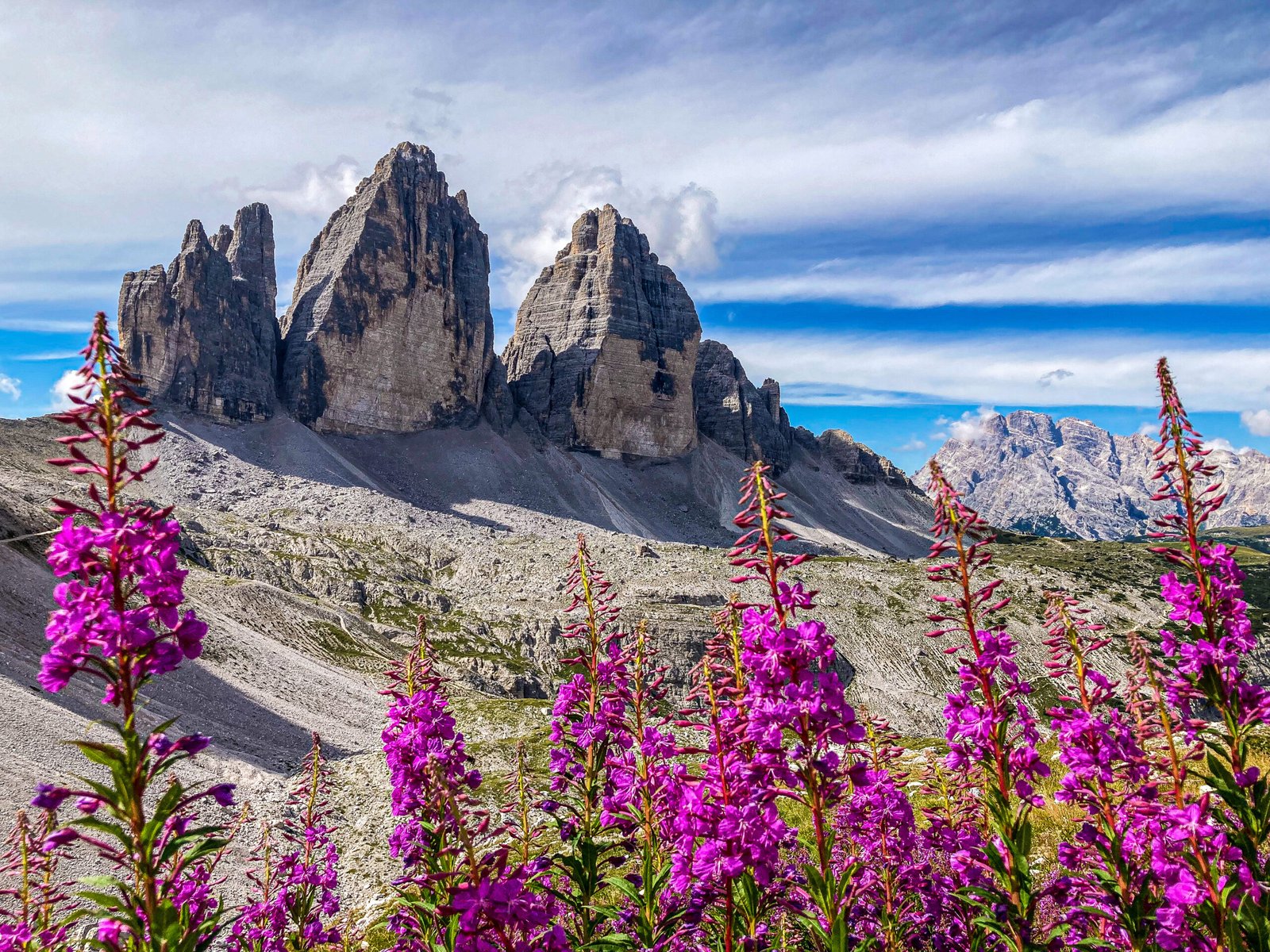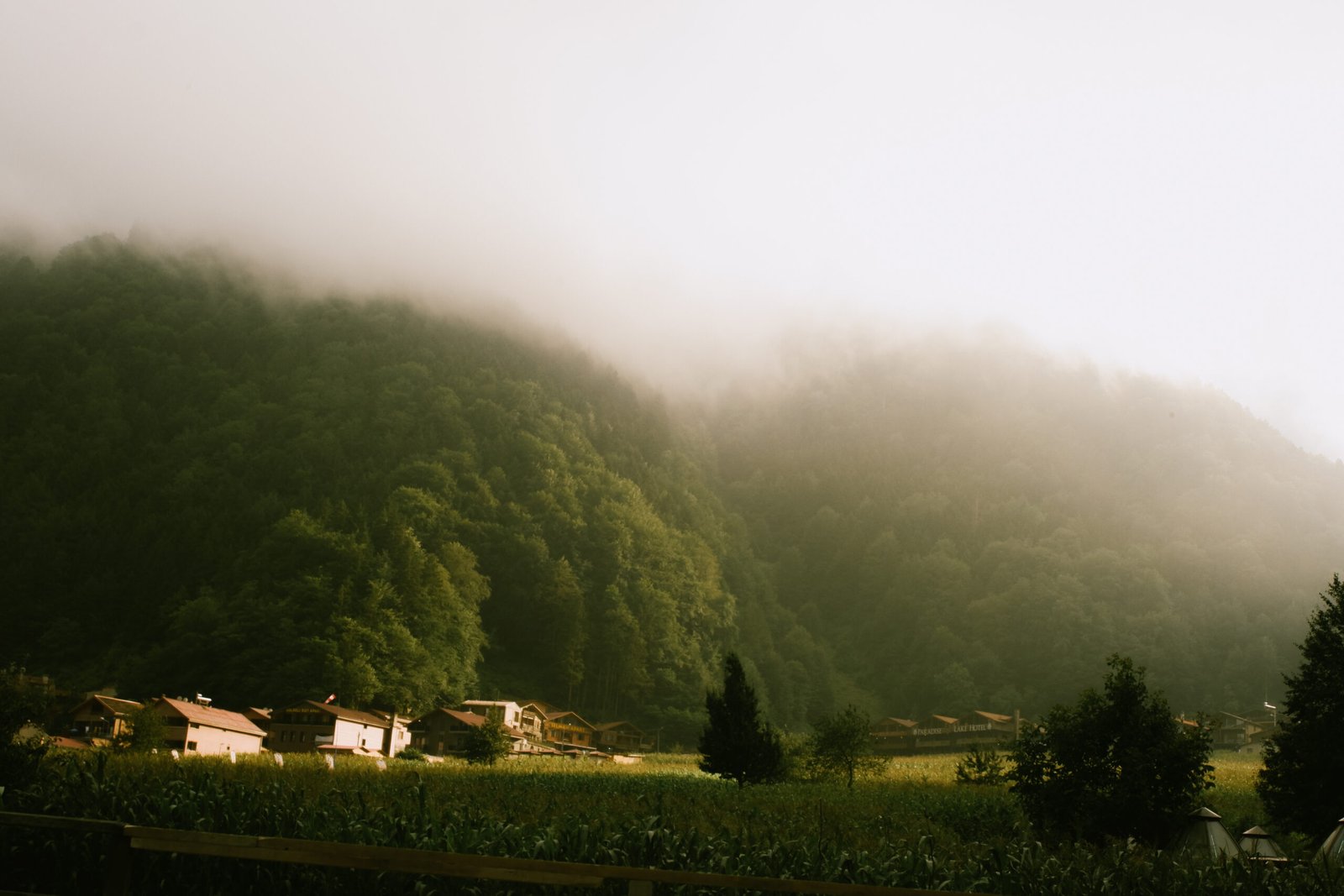
Chignik, Alaska
Have you ever heard of Chignik, Alaska? It’s a small city located in the Southwest region of the state. Now, when you think of cities in Alaska, the first ones that come to mind are probably Anchorage or Fairbanks, right? Well, Chignik may not be as well-known, but it definitely has its own unique charm. Nestled along the shores of the Pacific Ocean, this picturesque town is surrounded by breathtaking natural beauty that will leave you in awe. Despite its small population, Chignik is a place where the community thrives, and where visitors are warmly welcomed. So, let’s take a closer look at what makes Chignik, Alaska such a special destination.
Geography
Location
Chignik, Alaska, is a small community located on the southern coast of the Alaska Peninsula. Nestled between the Chignik Bay and the Chignik Lagoon, the town offers stunning views of the surrounding mountains and waterways. With its remote location, Chignik is a true hidden gem that offers a unique experience for those seeking to immerse themselves in nature and escape the hustle and bustle of city life.
Climate
Chignik experiences a temperate maritime climate with cool summers and mild winters. The area receives significant rainfall throughout the year, with the wettest months being August and September. Despite the rain, Chignik benefits from milder temperatures compared to other regions in Alaska, thanks to the moderating influence of the nearby ocean.
Natural Features
The natural beauty of Chignik is awe-inspiring. The snow-capped mountains provide a picturesque backdrop to the crystal-clear waters of the bay and lagoon. Chignik Bay is famous for its thriving fishing industry, attracting both recreational and commercial fishermen from around the world. The area is teeming with wildlife, including sea otters, seals, and a variety of bird species. Exploring the rugged coastline and hiking the nearby trails offer opportunities to witness the breathtaking landscapes and encounter its diverse flora and fauna.
History
Early Inhabitants
Chignik has a rich history that stretches back thousands of years. The earliest inhabitants of the area were the Alutiiq people, who relied on the abundant resources of the land and sea for their sustenance. They practiced a subsistence lifestyle, hunting marine mammals and fishing for salmon. Their deep connection to the land and ocean can still be seen in the culture and traditions of the community today.
Russian Settlement
In the late 18th century, Russian fur traders established a settlement in Chignik, known as Alexandrovsk. The Russians sought to exploit the area’s vast fur resources, leading to significant changes in the local way of life. The introduction of foreign customs and diseases had a profound impact on the Alutiiq people and their traditional practices.
American Influence
During the 19th century, following the purchase of Alaska from Russia, American influence began to shape Chignik. The establishment of canneries along the coastline brought an influx of new settlers and further transformed the local economy. The fishing industry became central to the community’s livelihood and continues to play a vital role today.
Modern Chignik
Today, Chignik is a vibrant community that blends its rich history with modern amenities. While the population remains small, the town thrives with a strong sense of community and a focus on sustainability. The residents pride themselves on preserving their traditional way of life and promoting the unique cultural heritage of Chignik.

Demographics
Population
Chignik has a small and close-knit population, with around 100 residents. The community embraces a tight bond, with neighbors supporting one another and fostering a strong sense of belonging. Despite its size, Chignik offers a warm and welcoming atmosphere that makes visitors feel like part of the community.
Ethnicity
The people of Chignik come from diverse ethnic backgrounds, reflecting the historical influences that shaped the region. Native Alaskans, particularly the Alutiiq people, have a significant presence, along with individuals of Russian and American descent. This multicultural mix contributes to the rich tapestry of Chignik’s cultural heritage.
Languages
English is the primary language spoken in Chignik, reflecting the American influence on the community. However, the Alutiiq language, an Eskimo-Aleut language, is also spoken by some residents, preserving the ancestral language and ensuring its continued use for generations to come.
Education
Chignik is committed to providing quality education to its residents. The town boasts a small school that caters to the educational needs of the community’s children. Despite the remote location, Chignik’s school offers a nurturing environment that focuses on developing well-rounded individuals and preparing students for their future endeavors.
Economy
Historical Economic Activities
Chignik’s economy has long revolved around the fishing industry. From the time of the Russian settlers to the present day, salmon fishing has been a prominent economic activity for the community. The abundant salmon runs in the local waters have supported the development of canneries, where salmon are processed and prepared for distribution to markets around the world.
Current Industries
While fishing remains a crucial industry in Chignik, the town has also diversified its economy. Tourism has become an increasingly significant sector, capitalizing on the area’s natural beauty and rich cultural heritage. Visitors are drawn to Chignik’s untouched landscapes and the opportunity to experience its vibrant native Alaskan culture.
Fishing
Salmon fishing is at the heart of Chignik’s economy. Residents and commercial fishermen alike rely on the annual salmon runs for their livelihood. The fishing season brings a flurry of activity as boats set out to sea, braving the unpredictable weather and forging a strong connection to the ocean and its bountiful resources.
Tourism
Chignik’s natural wonders and cultural heritage attract tourists eager to explore off-the-beaten-path destinations. Outdoor enthusiasts can indulge in activities like kayaking, hiking, and wildlife watching. Cultural tours offer a glimpse into the traditions and customs of the Alutiiq people, providing a deeper understanding of Chignik’s unique heritage.

Transportation
Air Travel
Due to its remote location, air travel is the primary mode of transportation to and from Chignik. Regular flights connect the town to nearby regional hubs, allowing residents and visitors to access essential services and explore other parts of Alaska.
Marine Transportation
Marine transportation plays a vital role in Chignik’s economy, with fishing boats and cargo vessels coming and going from its harbor. The bay and lagoon provide sheltered waters for vessels to navigate, ensuring the safe transport of goods and people.
Roads and Bridges
Chignik has a limited road network within the town itself, connecting the various neighborhoods and amenities. However, road access to other parts of Alaska is challenging due to the rugged terrain and the lack of a road connection to the mainland. The town relies on bridges for local travel, crossing small streams and rivers that flow through the area.
Education
Schools in Chignik
Chignik’s school serves as the primary educational institution for the community’s children. The school creates a nurturing environment that fosters learning and personal development. Dedicated teachers provide a comprehensive curriculum, ensuring that students receive the knowledge and skills necessary for their future success.
Education Programs
In addition to the standard academic curriculum, Chignik’s school offers unique programs that promote cultural preservation and environmental consciousness. These programs aim to instill a sense of pride in the local heritage while nurturing an understanding of the importance of sustainable practices for the well-being of both the community and the surrounding natural environment.
Challenges and Opportunities
Chignik faces the ongoing challenge of providing quality education given its remote location and limited resources. However, the town also recognizes the potential for innovative approaches to education, such as distance learning and partnerships with other educational institutions. By leveraging these opportunities, Chignik continues to strive for excellence in education.

Healthcare
Medical Facilities
Chignik is served by a small medical facility that provides essential healthcare services to the community. While the facility may be limited in terms of staff and equipment, it ensures that residents have access to primary care and emergency services. The medical staff is dedicated to the health and well-being of Chignik’s residents, working tirelessly to meet their medical needs.
Access to Healthcare
Access to healthcare can be challenging in Chignik due to its remote location. The town is reliant on air travel for medical emergencies or specialized care that cannot be provided locally. However, efforts are being made to improve access to healthcare, such as telemedicine programs that connect residents with medical professionals remotely.
Health Challenges
Chignik, like many remote communities, faces unique health challenges. Limited access to healthcare services and the harsh climate can impact the well-being of residents. Health promotion initiatives focus on addressing these challenges, promoting healthy lifestyles, and providing necessary support systems to ensure the overall health of Chignik’s population.
Culture
Native Alaskan Influence
The native Alaskan influence in Chignik is prevalent and deeply valued. The Alutiiq people’s customs and traditions are interwoven into daily life, ensuring their preservation for future generations. The community celebrates and recognizes the contributions of the native Alaskan population through cultural events, storytelling, and art.
Traditional Arts and Crafts
Chignik’s cultural heritage is showcased through the traditional arts and crafts of the Alutiiq people. Skilled artisans pass down their knowledge and skills, creating beautiful pieces that reflect the region’s natural surroundings. From intricately carved wooden masks to woven baskets, these art forms serve as a testament to Chignik’s rich cultural legacy.
Festivals and Celebrations
Chignik hosts various festivals and celebrations throughout the year, providing an opportunity for residents and visitors to immerse themselves in the local culture. Traditional dances, storytelling sessions, and feasts showcase the vibrant traditions and strong sense of community. These events foster a sense of pride in Chignik’s uniqueness and create lasting memories for all who attend.
Tourism
Attractions
Chignik’s allure to tourists lies in its breathtaking natural attractions. The rugged coastline and towering mountains provide an awe-inspiring backdrop for outdoor enthusiasts. Chignik Bay’s thriving fishing industry offers visitors a chance to witness the bustling activities of commercial fishermen, gaining insight into a vital part of the community’s identity.
Outdoor Recreation
Outdoor activities abound in Chignik, catering to adventurers seeking to explore its untouched landscapes. Kayaking along the scenic coastline, hiking picturesque trails, and fishing in pristine waters are popular choices for visitors. The area’s bountiful wildlife provides opportunities for wildlife spotting and birdwatching, creating unforgettable experiences in nature.
Cultural Tours
Chignik offers cultural tours that allow visitors to delve into the rich tapestry of its heritage. These tours provide a deeper understanding of the native Alaskan traditions and customs, showcasing the intricacies of their art, dance, and storytelling. Through these cultural experiences, visitors can appreciate the significance of Chignik’s cultural heritage and develop a deep respect for the land and its people.
Community Organizations
Local Government
Chignik’s local government plays a vital role in the town’s development and governance. Elected officials work closely with community members to address their needs, ensure public services are available, and make decisions that impact the overall well-being of the population. The local government serves as a liaison between the residents and higher levels of government, advocating for the community’s best interests.
Non-profit Organizations
Non-profit organizations play a crucial role in supporting Chignik’s community. From providing healthcare services to promoting cultural preservation, these organizations offer valuable support across various sectors. They work collaboratively with the local government and community members to identify needs and implement initiatives that foster growth, resilience, and well-being.
Community Services
Chignik benefits from a range of community services that enhance the quality of life for its residents. These services encompass a wide array of areas, including education, healthcare, social support, and recreational activities. From libraries to recreation centers, these facilities provide spaces for community members to come together, learn, and engage in meaningful activities.
